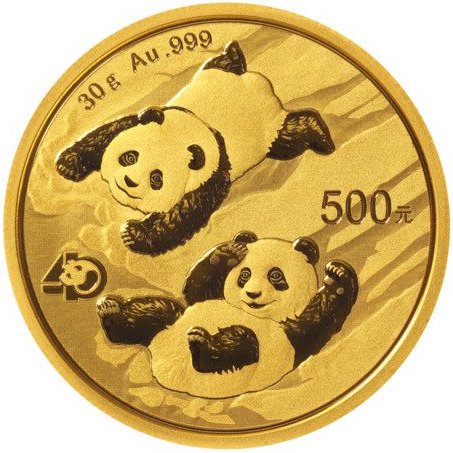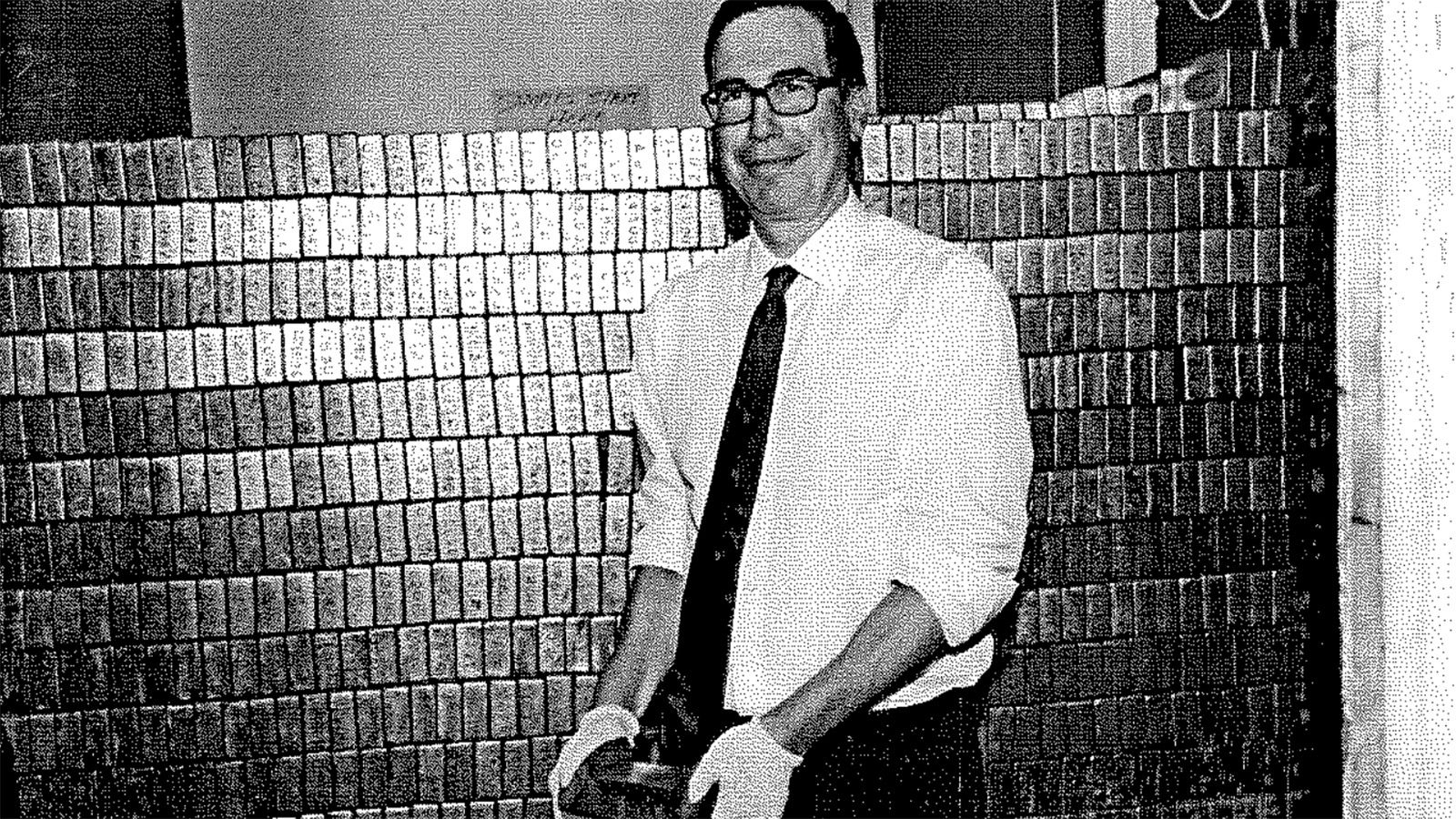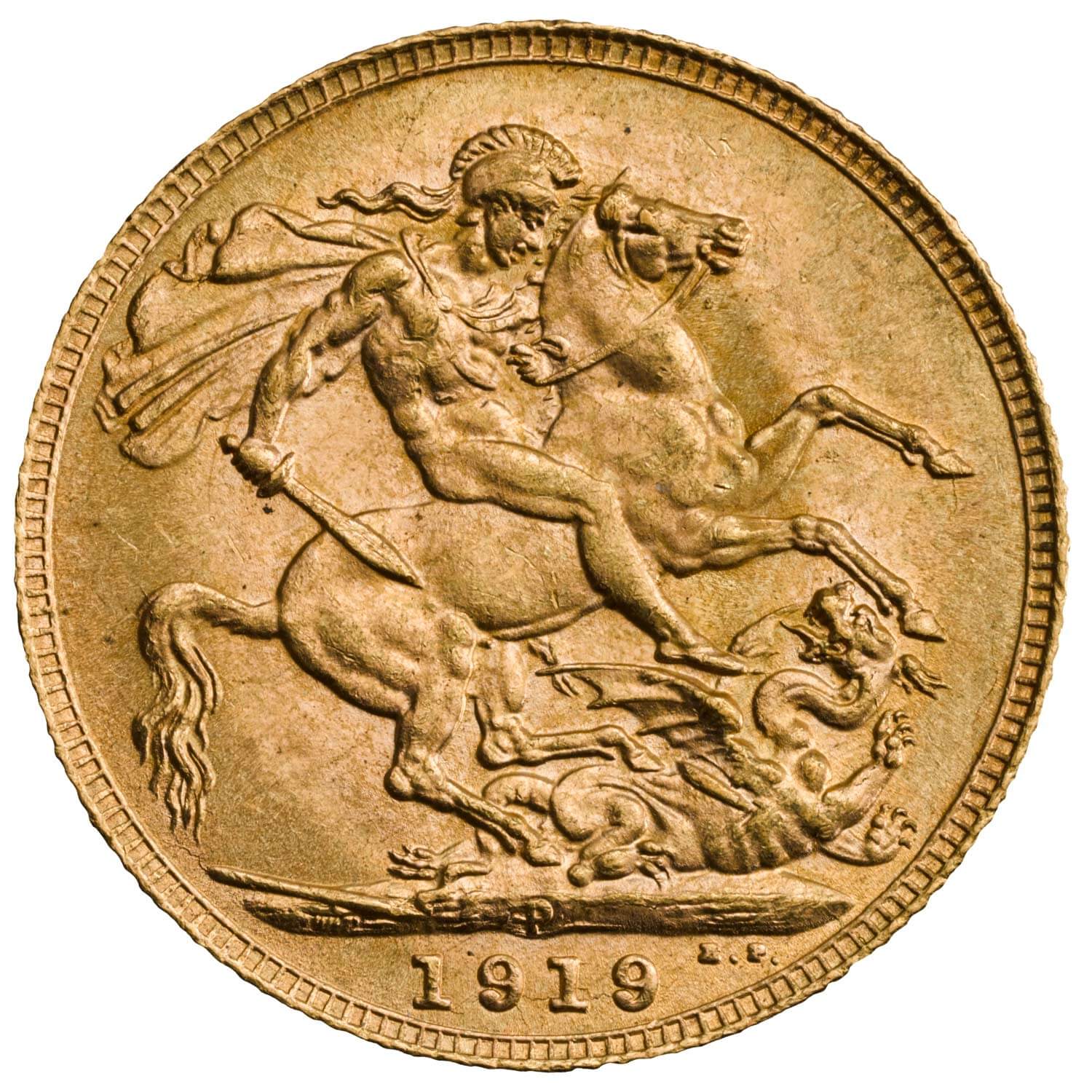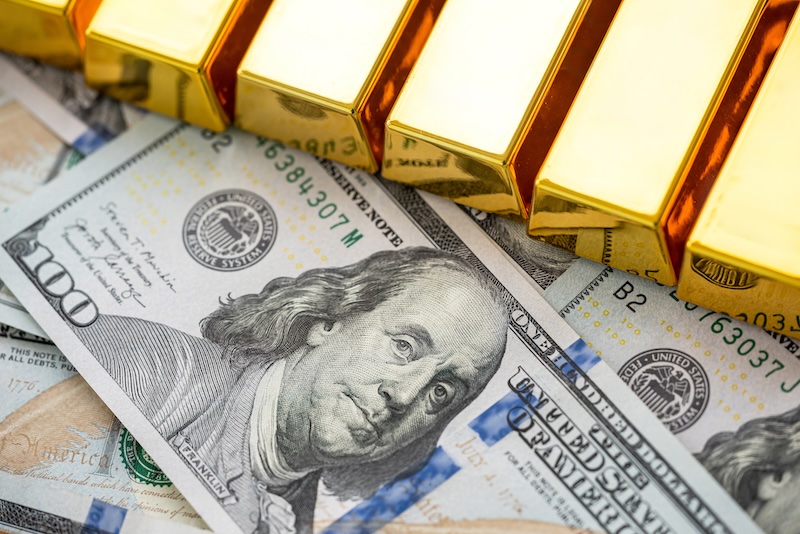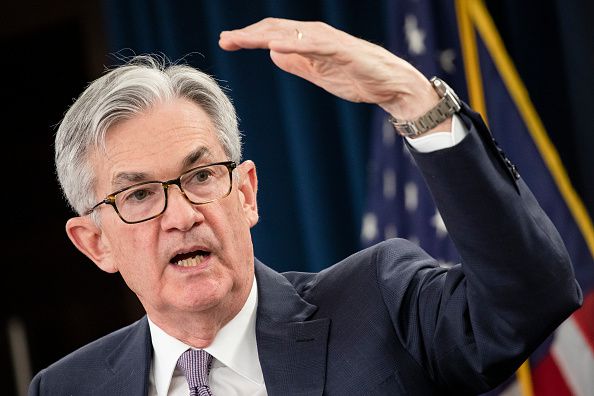China has continued its pursuit of gold buying strategy throughout the year. As more agreements enter into local currency trading, other central banks are adding Yuen to their holdings in exchange for gold, helping the Chinese Central Bank add to their vaults.
Central banks buy and hold gold for several reasons, which continue to evolve between BRICS countries. In general, Central banks hold gold to preserve the value of their fiat currency reserves, which historically loses value due to inflation and other government policies.
China extended its streak of expanding gold reserves to a 10th consecutive month in August while the country’s total foreign exchange reserves declined amid falling prices of global financial assets.
The central bank added about 930,000 troy ounces of gold into its reserves last month, increasing its holdings to 69.62 million ounces (2,165 tons), according to data from the State Administration of Foreign Exchange (SAFE). Since November, China has added a total of 5.95 million ounces of the precious metal to its hoard.
Gold is often seen as a safe-haven asset during times of economic or financial crisis. Central banks may buy gold to add to their holdings during such periods to provide stability to their financial systems and fiat currencies.
Gold is a universally recognized and accepted form of payment.

